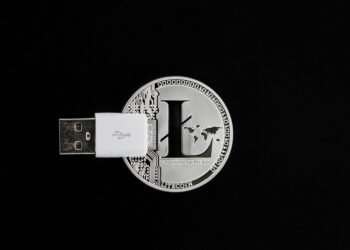Decentralization has become a buzzword in the world of technology and finance in recent years. But what exactly is decentralization and why is it such a game-changer? In this article, we will delve into the basics of decentralization and explore its implications for the future.
At its core, decentralization refers to the distribution of power and control away from a central authority or entity. In the context of technology, decentralization often involves removing intermediaries or middlemen and allowing individuals to interact directly with each other. This can take many forms, such as decentralized networks, platforms, and currencies.
One of the most well-known examples of decentralization is blockchain technology. Blockchain is a decentralized ledger that records transactions across a network of computers, making it virtually impossible to alter or hack. This technology underpins cryptocurrencies like Bitcoin and Ethereum, which operate independently of traditional financial institutions like banks.
Decentralization has far-reaching implications for various industries. In finance, it enables faster and cheaper transactions, eliminates the need for intermediaries, and provides greater financial inclusion for underserved populations. In healthcare, decentralization could revolutionize patient data management and ensure greater privacy and security for individuals. In governance, decentralized systems can increase transparency and accountability, reducing the risk of corruption and abuse of power.
However, decentralization is not without its challenges. One of the main concerns is scalability, as decentralized networks can struggle to handle large volumes of transactions. Additionally, the lack of central oversight can make it difficult to enforce regulations and protect users from fraud or abuse. These issues will need to be addressed as decentralization continues to gain traction in various sectors.
Despite these challenges, the potential benefits of decentralization are immense. By shifting power and control away from centralized authorities, individuals can take greater control over their own data, finances, and identities. This could lead to a more equitable and democratic society where trust is built on decentralized networks rather than centralized institutions.
As we look to the future, it is clear that decentralization will play a key role in shaping the way we interact with technology, finance, and governance. By understanding the basics of decentralization and its implications, we can better prepare for the changes that lie ahead and harness the transformative power of decentralized systems for the benefit of society as a whole.








